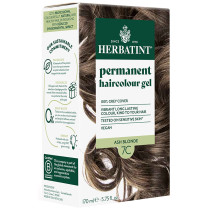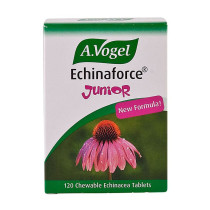Echinacea
Plant Extract
Echinacea
Other Name(s):
Echinacea angustifolia; Coneflower; Purple Coneflower; Echinacea purpurea; Echinacea pallida

Echinaceas are native to North America where they thrive in semi wooded areas and grasslands. There are nine different species but only 3 are used in herbal supplement
Is Echinacea Faithful to Nature?
Yes.
Echinacea is a natural ingredient with a long history of traditional use. It is however a powerful herb and should only be used as a supplement after consultation with a trusted healthcare provider.
Benefits: Why is Echinacea Used?
Immune Booster
Echinacea contains immunostimulatory compounds (alkamides, glycoproteins, polysaccharides, cinnamic acid & flavonoids).
Antioxidant
Echinacea contains antioxidant compounds (flavonoids, cichoric acid and rosmarinic acid).
Antibacterial
Echinacea has antibacterial properties (Propionibacterium acnes) linked to skin blemishes.
Natural Remedy
Echinacea is widely used as a natural remedy to treat the common cold.
Echinacea can be found in health supplements and herbal teas, especially those indicated for immune support.
Echinacea extract is made using either one or a blend of extracts from the roots, seeds, flowers and leaves. Echinacea extract is usually made by steeping the plant materials in distilled water.
Researchers, using advanced genetic testing and a variety of other techniques, have determined that Echinacea angustifolia, and Echinacea pallida are in fact not distinct species but rather varieties. Echinacea purpurea is however, still considered a distinct species. There is much discussion about which type of Echinacea is the best but safe and effective supplements can be made from both E. angustifolia and E. purpurea
Notice: The information provided here is not intended as medical advice and is for educational purposes only.
Products Containing Echinacea
-
sku1536
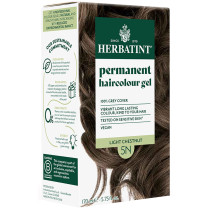
-
sku80073
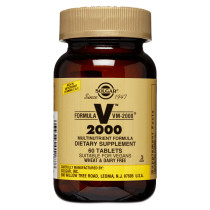
-
sku1535
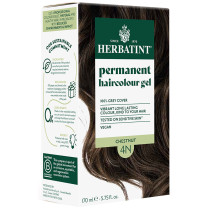
-
sku1537
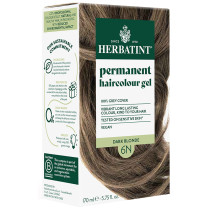
-
sku1533
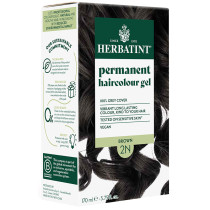
-
sku1530
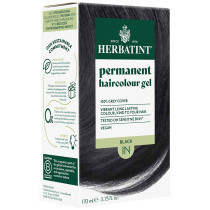
-
sku1534
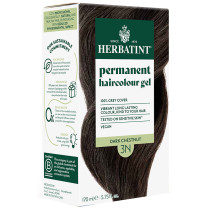
-
sku62251
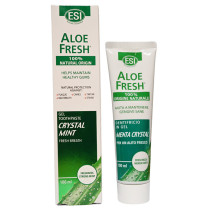
-
sku11777
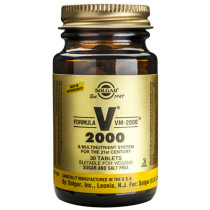
-
sku5129

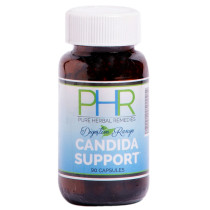
-
sku68448

-
sku2110
-
sku3297
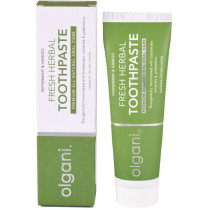
-
sku1538
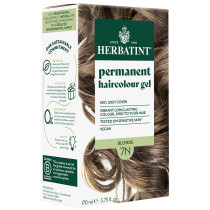
-
sku80836
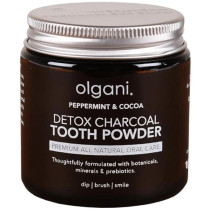
-
sku6857
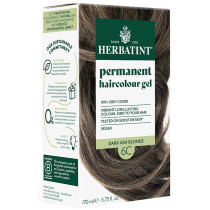
-
sku1553
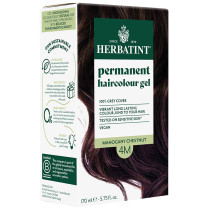
-
sku5137

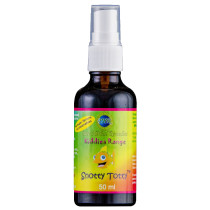
-
sku5138

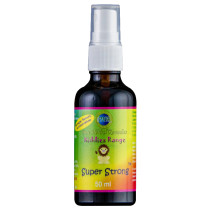
-
sku80874
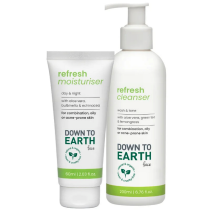
-
sku1540
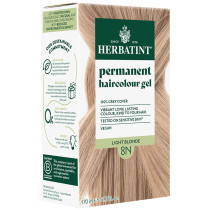
-
sku6221

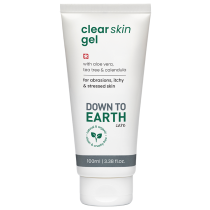
-
sku2144
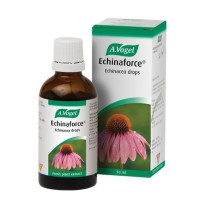
-
sku121835
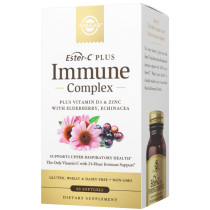
-
sku66694
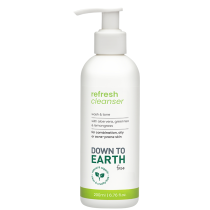
-
sku4926

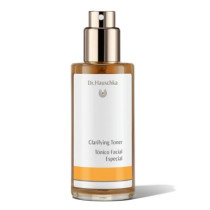
-
sku1546
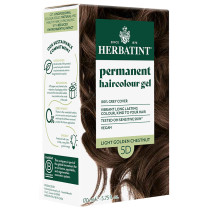
-
sku6856
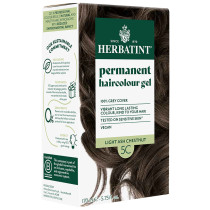
-
sku66695
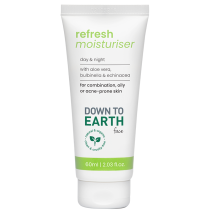
-
sku65072
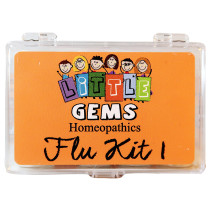
-
sku1542
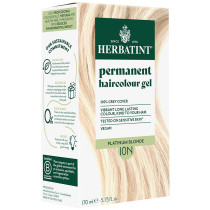
-
sku1575
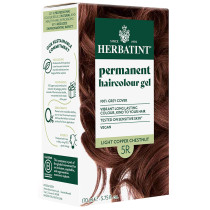
-
sku86180
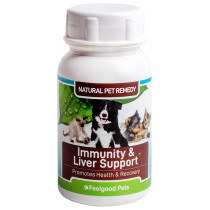
-
sku86174
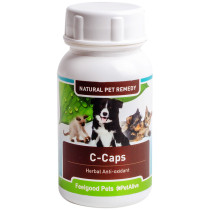
-
sku1545
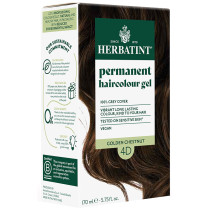
-
sku1547
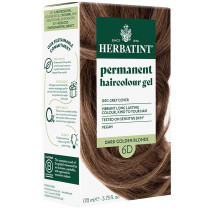
-
sku1551
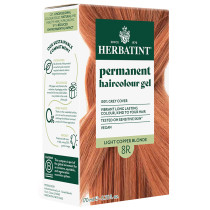
-
sku1543
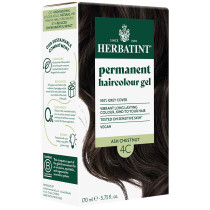
-
sku1541
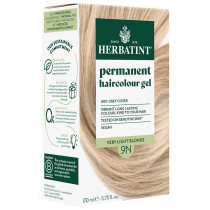
-
sku1544
